Dart Center Names 2019 Ochberg Fellows
The Dart Center has announced the recipients of the 2019 Ochberg Fellowship, a program that deepens journalists' reporting of violence, conflict and tragedy. This year’s Fellows include outstanding senior and mid-career journalists in all media, representing six continents.
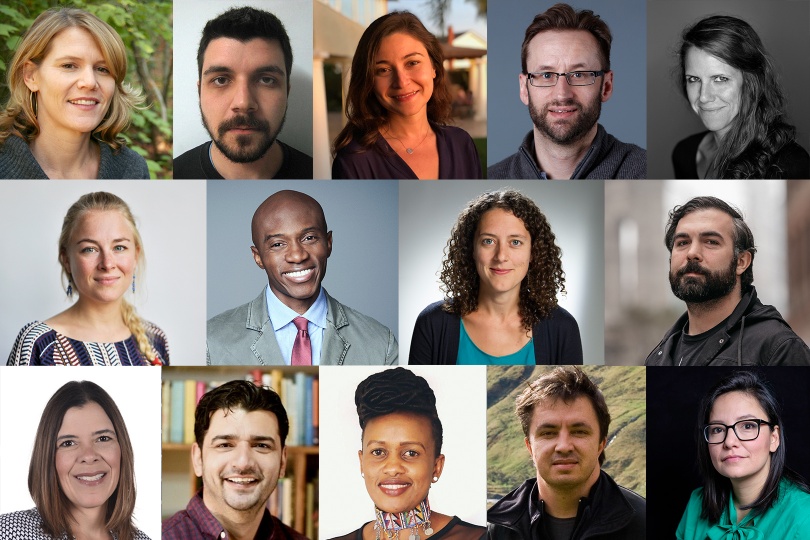
Top, L to R: Kelly Whalen, Marko Drobnjakovic, Nour Malas, Brandon Stahl, Almudena Toral; Middle, L to R: Sanne Terlingen, Darran Simon, Melissa Bailey, Cengiz Yar; Bottom, L to R: Ronna Risquez, Sameer Yasir, Joyce Wangui, Aaron Smale, Connie Walker.
- Melissa Bailey, Reporter, Enterprise and Investigative Team, Kaiser Health News, Boston, MA, USA
- Marko Drobnjakovic, Documentary Photographer and Videographer, Belgrade, Serbia
- Nour Malas, Staff Correspondent, Wall Street Journal, Los Angeles, CA, USA
- Ronna Rísquez, Investigative Journalist and Editor, InSight Crime, Medellín, Colombia
- Darran Simon, Senior Writer, CNN Digital, Atlanta, GA, USA
- Aaron Smale, Writer and Photographer, Levin, New Zealand
- Brandon Stahl, Reporter, Star Tribune, Minneapolis, MN, USA
- Sanne Terlingen, Investigative Reporter, Argos, Amsterdam, The Netherlands
- Almudena Toral, Visual Journalist, Filmmaker and Head of Enterprise Video, Univision Digital, Miami, FL, USA
- Connie Walker, Senior Reporter, Investigative Unit, Canadian Broadcasting Corporation, Toronto, Canada
- Joyce J. Wangui, Freelance Journalist, Nairobi, Kenya
- Kelly Whalen, Senior Arts Video Producer, KQED, Oakland, CA, USA
- Cengiz Yar, Photographer and Editor, Brooklyn, NY, USA
- Sameer Yasir, Independent Journalist, Kashmir
BRIEF BIOS OF THE 2019 FELLOWS:
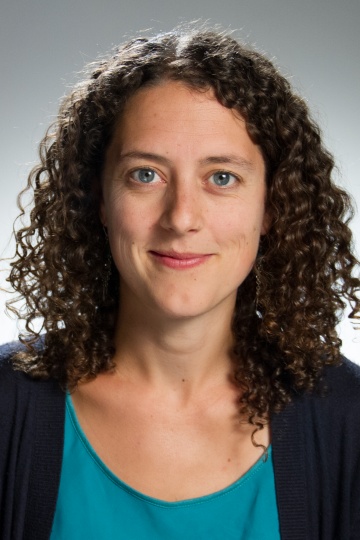
Bailey was a 2015 Nieman Journalism Fellow at Harvard and holds a bachelor’s degree in mathematics from Yale. Before joining KHN, she was the national health care reporter for STAT. Before that, she spent eight years covering crime, government, politics and education for the New Haven Independent, a nonprofit community news site in Connecticut.
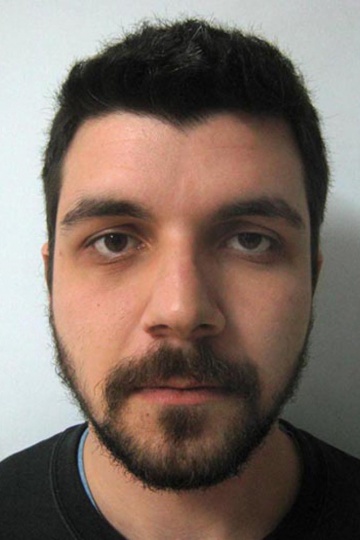
His awards and grants include a Magnum Foundation Grant (2017), finalist for the Pulitzer Prize for Breaking News Photography (2017), Yunghi Kim Grant (2018), and a finalist for the Aftermath Project Grant (2019).
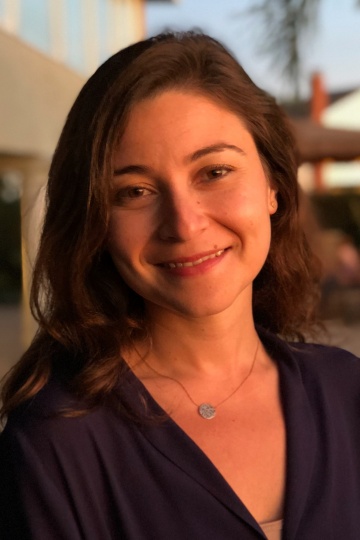
Her reporting has focused on the people and communities caught in conflict and violence, from Syrian and Iraqi refugees to victims of mass shootings in Texas and wildfires in California. She is Syrian-American, and has written a reflection of her experiences covering war in her homeland in the forthcoming book, Our Women on the Ground: Essays by Arab Women Reporting from the Arab World, edited by Zahra Hankir.
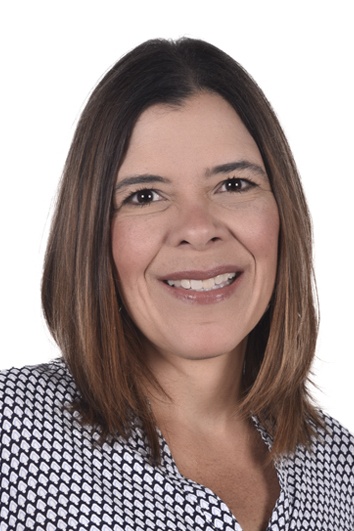
Previously, Rísquez was editor of the police and political section of the newspaper El Nacional, and was head of investigations for Runrun.es. She won the 2018 Data Journalism Awards with the Victims Monitor Project, which seeks to identify patterns and characteristics of homicides in Caracas. Rísquez won the 2018 Ipys Award for Investigative Journalism for her report “OLP: The Mask of Official Terror in Venezuela”, which revealed a government policy of selective extermination of young and poor men. For this piece, she also received an honorable mention from the Javier Valdez Award for Investigative Journalism in Latin America, and a nomination for the Gabriel García Márquez Award. She was also a finalist for the Gabriel García Márquez Award in 2016 for her coverage of the Tumeremo miners' massacre.
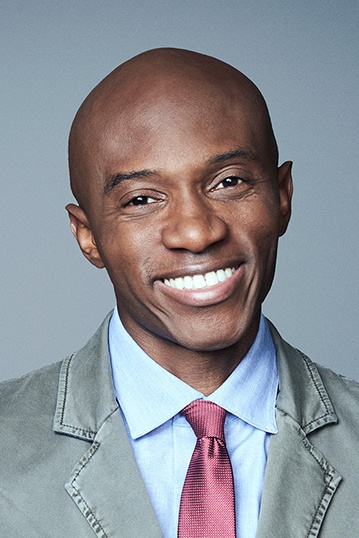
His work has been recognized by the New York Association of Black Journalists, the New York State Associated Press Association and the New Orleans Press Club. He is a graduate of the University of Rhode Island and Northwestern University’s Medill School of Journalism. He was born in London and raised in Guyana, New York and New Jersey. He now lives in Atlanta.
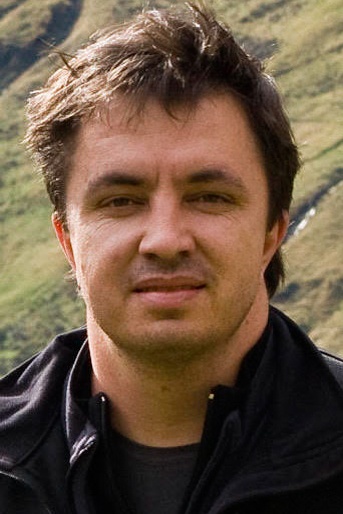
His work has been published in a number of media outlets, including Radio New Zealand and Al Jazeera. He continues to investigate how the trauma of the welfare homes has affected individuals across generations. Smale has Maori heritage and is a member of the Ngati Porou tribe.
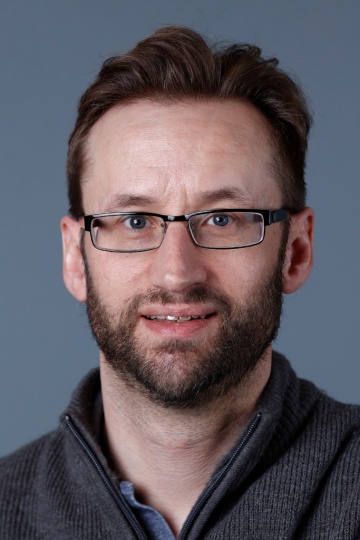
In 2018, he was the lead reporter on the nine-part series “Denied Justice,” which exposed statewide failings in how sexual assault cases are investigated and prosecuted. The series was recognized with an Honorable Mention for a Dart Award, a Scripps Howard finalist, and a finalist for a Silver Gavel award.
Before joining the Star Tribune in 2012, Stahl worked as the investigations editor at the Duluth News Tribune, where his stories on physician malpractice and medical errors, drug abuse, tax-dollar waste and sex offenders won national and state awards, including from Scripps Howard (Community Journalism), the Association of Health Care Journalists (Investigative) and the Society of Professional Journalists (Investigative). In 2012, Stahl was named Journalist of the Year by the Minnesota Society of Professional Journalists. Stahl graduated from Drake University in Iowa in 1998.
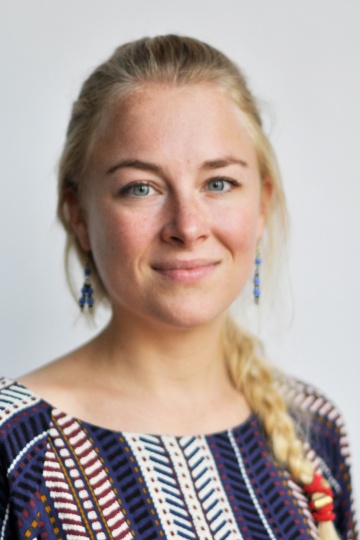
Terlingen has won multiple awards, including the Dick Scherpenzeel Award for “Excellent Reporting on Foreign Affairs” for an investigation into the mysterious death of an Eritrean asylum seeker, and the Mercur Award for her story “Sex, Spies and Soldiers” on the role of U.S. contractors involved in sex trafficking in Djibouti. Terlingen is one of the initiators of “Lost in Europe”, a cross border investigative reporting project that aims to figure out how thousands of refugee children disappeared after arriving in Europe.
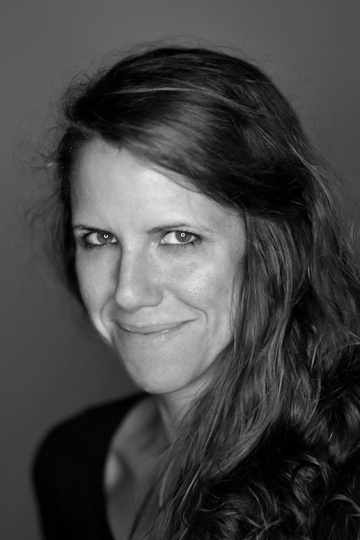
Toral's work has been recognized by two national News & Documentary Emmy Awards, World Press Photo, Pictures of the Year International, the Hillman Prize, RFK Human Rights Journalism Awards, PDN Photo Annual, the Webbys, NPPA Best of Photojournalism, the New York Press Club and Ortega & Gasset awards, among others.
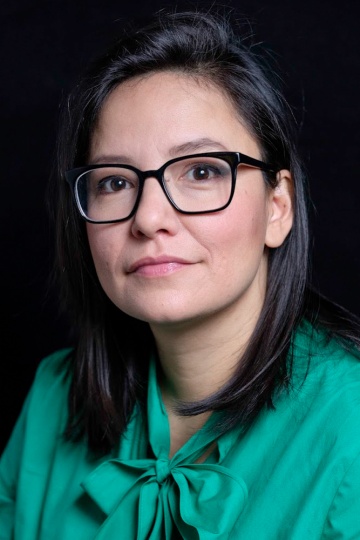
In 2018, Missing & Murdered: Finding Cleo won the inaugural Best Serialized Story award at the Third Coast International Audio festival. The podcast was also featured in the Columbia Journalism Review, The Rolling Stone, Vulture, Teen Vogue, Chatelaine and was named one of the Best Podcasts of 2018 by Apple Canada.
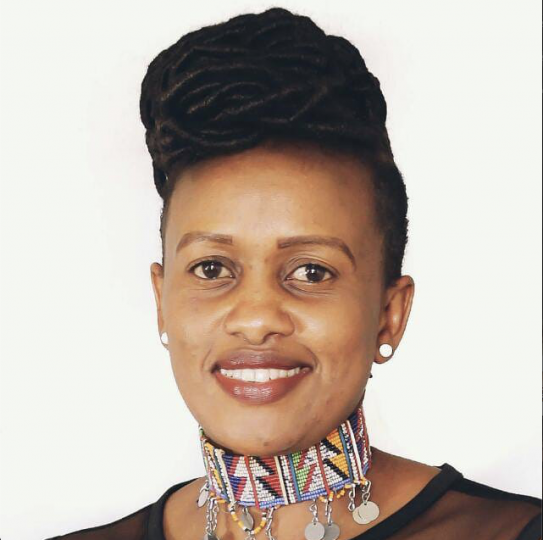
Wangui has been writing for over 15 years and has worked in countries across Africa. She has done investigative reporting for local and international publications, including the Californian-based Women's International Perspective, where she shared the horrors of Kenyan girls subjected to modern-day slavery in Saudi Arabia. Her work has also appeared in the Women Under Siege project, a US-based initiative of the Women Media Centre.
She regularly participates in events focused on survivors of violence, justice and accountability, and advocates for justice and reparations for war-time sexual violence and thoughtful, compassionate news coverage of victims of violence.
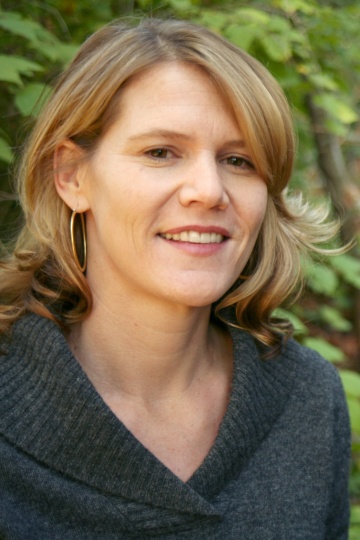
Prior to her work with KQED, she directed and produced the national Emmy-nominated documentary “Tulia, Texas” (PBS’ Independent Lens,) documenting a landmark civil rights case exposing racial injustices in America’s War on Drugs. She produced the national PBS Not In Our Town specials “Light in the Darkness,” and “The Fire Next Time,” (POV), as well as produced numerous regional episodes of the anti-violence storytelling project. Her other producing and directing credits include “Rising from Ruin” (MSNBC’s Hurricane Katrina special,) “Policing the Force” (WNET’s Expose: America’s Investigative Reports,) and “Murder in St. Petersburg” (PBS FRONTLINE World.) Her work has been programmed at SXSW Film Festival and at film festivals around the world, and has also appeared on PBS NewsHour, the New York Times, and The Guardian.
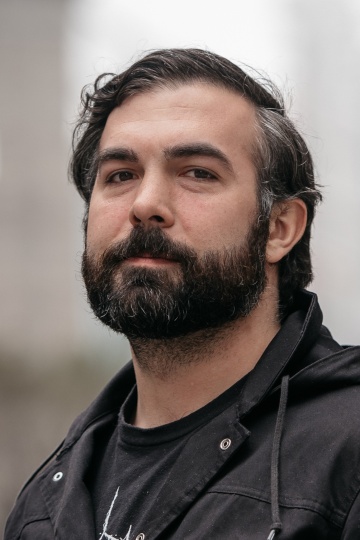
Yar is the inaugural recipient of the James Foley Award for Conflict Reporting from the Online News Association in 2015, and was a member of the Associated Press team listed as finalists for the Pulitzer Prize for coverage of the battle for Mosul in 2016. He won a National Magazine Award as the managing editor of Roads & Kingdoms in 2019 and served for three years as a board member for the Frontline Freelance Register, advocating for better training and protections for conflict freelancers.
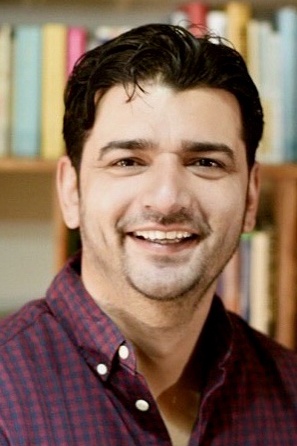
Yasir has been reporting on the border conflict between India and Pakistan and its impact on the politics and economy of Kashmir for the past eight years. Recently, he has focused his reportage on the human cost of the conflict and the "new insurgency" in Kashmir.
































































































